Unfolded
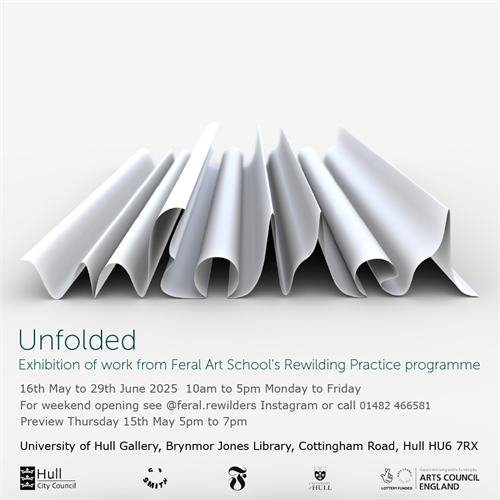
The Feral ReWilders are excited to announce ‘Unfolded’, an evocative exhibition showcasing the work of the nine inaugural Feral ReWilding artists from Feral Art School; Jessie Davies, Faith Foster, Teddy Lucine, Linda Martin, Sam Metz, Jay Moy, Dionne Ruffy, Lauren Saunders and Sue White.
Feral Art School’s ‘Rewilding Practice’ has been a year-long postgraduate programme working with industry partners G F Smith and culminating in this unique exhibition.
Hosted at the Brynmor Jones Library Gallery at the University of Hull between 16th May and 29th June 2025, Unfolded invites you to experience how the ReWilding artists engage with themes of nature, place, paper and more.
Brynmor Jones Library, University of Hull
16th May to 29th June 2025
Exhibition Gallery, open daily 10am-5pm.
Embracing Tradition
Chinese Intangible Cultural Heritage Exhibition, curated by the Confucius Institute
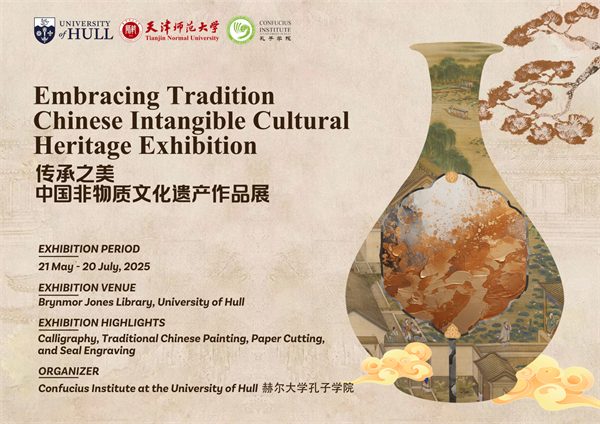
This exhibition is displayed on the ground floor of the Brynmor Jones Library, between Teaching Rooms 3 and 4, near the Library Café.
Everyday co-living:
Experiences of hospitality through the Homes for Ukraine scheme in Yorkshire and Humber
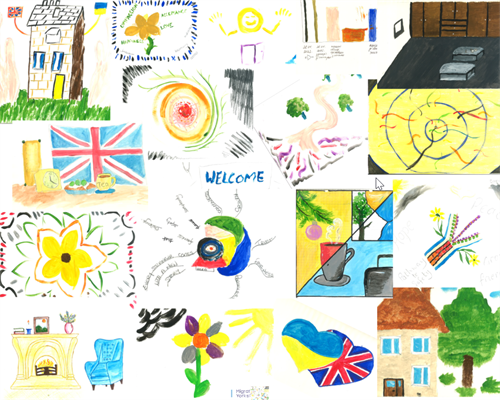
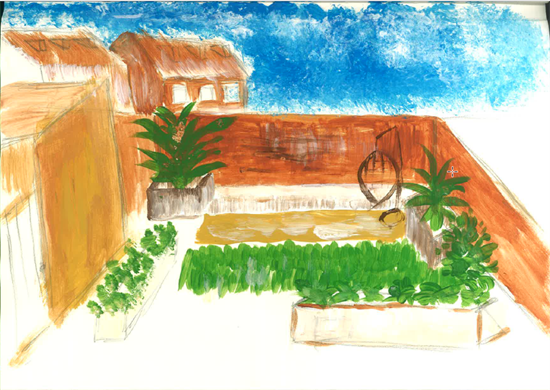
In 2022, people in the UK began sharing their homes with those who had left Ukraine due to the conflict there, under the national ‘Homes for Ukraine’ scheme.
This exhibition shares images created by people participating in the Homes for Ukraine scheme in Yorkshire and Humber. They were either people who, in most cases, provided a bedroom, or individuals and families from Ukraine that lived in someone else’s home here.
The images come from the Everyday co-living research project by Migration Yorkshire, where everyone taking part was asked to draw ‘hospitality’.
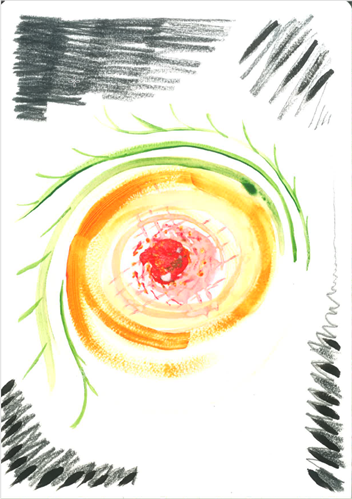
Find out more at www.migrationyorkshire.org.uk/everyday-co-living
The Migration Yorkshire display can be found at the Brynmor Jones Library, University of Hull, on the ground floor near the Art Gallery.
